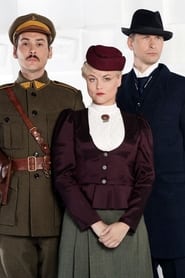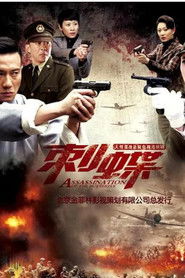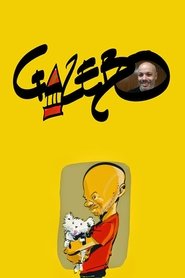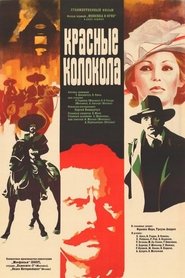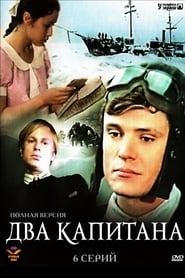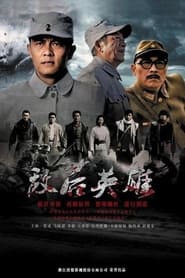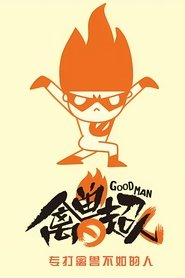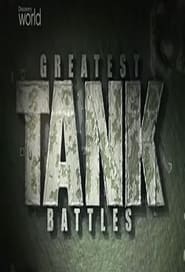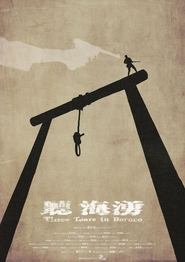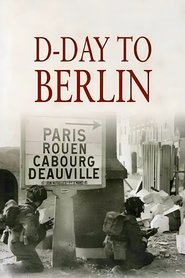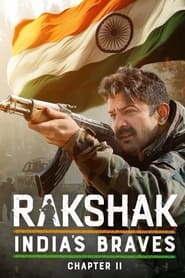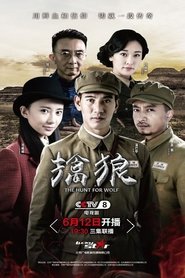War Politics TV Series - Page 69
-
Sword of Honour
1967
Sword of Honour
1967
Sword of Honour is a three-part miniseries produced as part of the anthology Theatre 625, and broadcast on BBC2, based on Evelyn Waugh's 1952–61 novels of the same name. It stars Edward Woodward as 35-year-old Englishman Guy Crouchback, who returns home from Italy at the start of WWII, determined to fight the good fight. Horrified by Nazi barbarism and emotionally shattered by a painful divorce, Crouchback eagerly accepts a post with the elite Royal Corps of Halberdiers. -
Sena - Guardians of the Nation
2025
star 3A dedicated Indian Army Captain and his father are captured by militants in Kashmir, forcing them to reconcile their past differences while planning a daring escape that could save their lives and thwart a terrorist plot. -
The Cost of Freedom. Volunteers
2016
TV series tells about 1918 February 16 Signing of the Lithuanian Independence Act and other historical events that followed this important event in Lithuania until the occupation of Lithuania in 1940. -
刺蝶
2014
刺蝶
2014
-
Gazebo
2013
-
Red Bells
1982
Red Bells
1982
American journalist John Reed travels to Mexico during the Mexican Revolution and interviews Francisco Villa. At the same time, we learn about his relationship with his lover Mabel Dodge, his participation in the Patterson strike, and his work as a reporter during World War I. -
Two Captains
1977
Two Captains
1977
star 6.3A passionate pilot dedicates his life to the search for a polar expedition. -
敌后英雄
2012
敌后英雄
2012
-
冬日惊雷
2013
冬日惊雷
2013
-
禽兽超人
2013
-
The Winter War
1991
The Winter War
1991
star 8After Nazi Germany invades Poland in September 1939, Russia attacks Finland two months later. Finnish reservists leave home and go to war. Brothers Martti and Paavo Hakala, farmers from the municipality of Kauhava in the province of Pohjanmaa/Ostrobothnia, serve in a Finnish platoon. A five-part television miniseries extension of Pekka Parikka's 1989 film of the same name. -
Tanıklar
2014
Tanıklar
2014
-
血色恋情
2011
血色恋情
2011
-
Three Tears in Borneo
2024
star 9.3During World War II, Shinkai Shion, a guard of prisoner-of-war in Borneo, was involved in a massacre. As the suspect, he realized the nature of war as he revealed the truth. -
Laisvės kaina. Partizanai
2017
The series tells about the three occupations and mass exterminations that took place in the middle of the last century, the Holocaust, the terror, the attempt to physically and spiritually crush Lithuania. -
D-Day to Berlin
2005
D-Day to Berlin
2005
star 7.13-part BBC Miniseries depicting the Allied progress from the D-Day landings in Normandy all the way to Berlin. The Normandy breakout is covered, as well as the Battle of the Bulge and Operation Market Garden, to the eventual objective of Berlin. The Series is narrated by Actor Sean Bean. -
Rakshak India's Braves
2024
star 10A saga based on real-life events of the patriots who dedicated their lives to protect India. It is a testimony to the courage, commitment, and the spirit of every Rakshak towards their country and its citizens. -
擒狼
2017


